The 2023 Ecosystem Monitoring Fund has a wide focus in an effort to best capture the needs of the community. Proposals in support of new or existing monitoring programs of forested ecosystems in the seven-state FEMC region will be accepted. If you have questions about eligibility or the evaluation process, please contact Elissa Schuett.
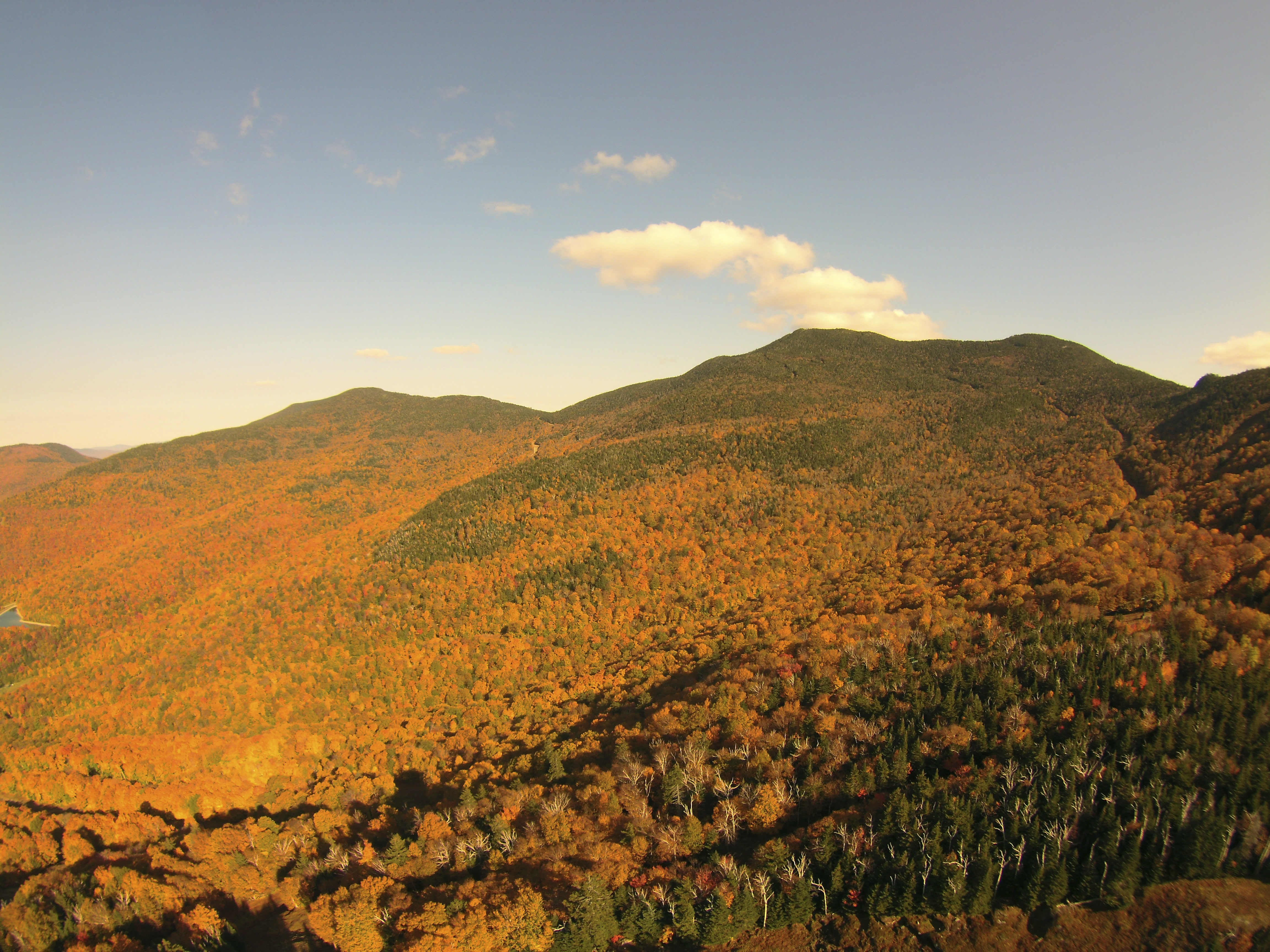
Submission Deadline:
March 24, 2023
Funding Amount:
$25,000 maximum; 1:1 non-federal match required
Contact:
Objectives of the Ecosystem Monitoring Fund
The Ecosystem Monitoring Fund will support forest ecosystem monitoring projects in the seven-state FEMC program area. The goal is to provide support for the collection, aggregation, analysis, and utilization of forest ecosystem monitoring information to better understand the current threats, historical trends, and future directions of the forested landscape in the Northeast.
Project Types: A wide range of project types will be considered for funding. As examples of the breadth of activities the FEMC hopes to support, this may include:
- the implementation of new monitoring programs to fill a critical gap in our understanding of forest response to novel stressors,
- upgrading an existing monitoring program to increase comparability with others in the region,
- aggregation of disparate data sets to expand the relevance of existing data,
- continuation and maintenance of existing long-term monitoring sites,
- digitization of key historical data sets to examine historical trends,
- collection of additional monitoring field data to address emerging needs,
- support or improvement of continuously deployed monitoring instrumentation,
- development of geospatial products to explore landscape patterns.
Project Focus: Projects may include any monitoring efforts related to forest ecosystem function, structure, and health. This may include forest vegetation, ecosystem services, invasive species, wildlife, water, soil, weather and climate, or air quality. Proposals for monitoring programs outside of these topics and activity types are welcome as long as there is a clear connection made to forest ecosystems in the Northeast.
Project Duration: Projects can be funded for up to one year, with all activities and reports completed by August 2024.
Fund Priorities: FEMC’s recent work generally focuses on the following themes:
- Forest Pests and Disturbance Regimes
- Forest Inventory and Relationship to Carbon and Management
- Climate Change Impacts on Forested Ecosystems
- Forest Regeneration
- Recreation and Forest Health
- Forest Ecosystem Data Rescue and Preservation
- Forest-Water and Forest-Wildlife Intersections
FEMC’s guiding committees have identified several priority topics of interest within these themes that would benefit from increased or improved monitoring. These priorities are not exhaustive – but meant to guide selection of successful proposals to fund.
- Carbon storage: improve the understanding of the impacts of invasive pests, assessment by forest type, or how timber management may play a role in carbon sequestration.
- Urban and community forestry: Define issues of forests in urban settings and consider what monitoring urban woodlands looks like. This may also include questions about increased development, land use change, and forest fragmentation.
- Invasive pest monitoring: including monitoring hemlock wooly adelgid, emerald ash borer, balsam wooly adelgid, spotted lanternfly, and others that may be emerging threats to the region.
- Forest regeneration capacity: identify thresholds for adequate regeneration by forest type or understand factors that result in a lack of regeneration.
- Deer browse: identify trends in browse impact and how browse affects the diversity of forests and plant communities.
- Invasive plants: monitor and map distribution to help inform where they are located and where they will spread.
- Old growth forests: standardize characterization of old growth and quantify the amount that exists.
- Hydrology: exploring forest-water connections and ecosystem services
Priority ranking will be given to projects that:
- Address one of the above topics and/or themes
- Align closely with the strategic mission and objectives of the FEMC and current issue priorities identified by the FEMC network (detailed in the FEMC workplan)
- Expand on existing forest ecosystem monitoring efforts (spatially, temporally, or informationally), including current or past FEMC projects
- Have potential for impact across the larger FEMC stakeholder region
- Have the potential for ongoing support, and long-term viability
Funding Availability: A total of $100,000 is available in funding to support projects of up to $25,000 for up to one year, beginning in 2023. The University of Vermont is the direct sponsor of this award with funds federally sourced from the U.S. Forest Service. A 1:1 match of non-federal funds is required. We anticipate funding 4-6 projects.
Deadlines
| Proposals due | March 24, 2023 |
| Awards announced | April 21, 2023 |
| Awards begin | May 1, 2023 |
| Awards complete | August 1, 2024 |
Eligibility
Proposals will be accepted from personnel from universities, non-profit, state, tribal, or private organizations located in one of the FEMC member states: Connecticut, Maine, Massachusetts, New Hampshire, New York, Rhode Island, or Vermont. Investigators from other states can be included as co-author on the proposal but cannot lead the project. Monitoring must be conducted primarily within one of the seven listed states. Monitoring conducted outside of these states with matching funds can be included.
Diversity
FEMC is committed to integrating principles of diversity, equity, inclusion, and justice (DEIJ) into our monitoring programs. FEMC will implement approaches in this RFP to reach diverse communities, both to conduct monitoring and who may benefit from monitoring. We encourage proposals from underrepresented organizations, or that will provide valuable information to these communities. Please include in the proposal narrative (see below) a description of how FEMC DEIJ goals will be met with this proposal. The details can be included throughout the proposal, but also specifically in the rationale, objectives, or outcomes sections.
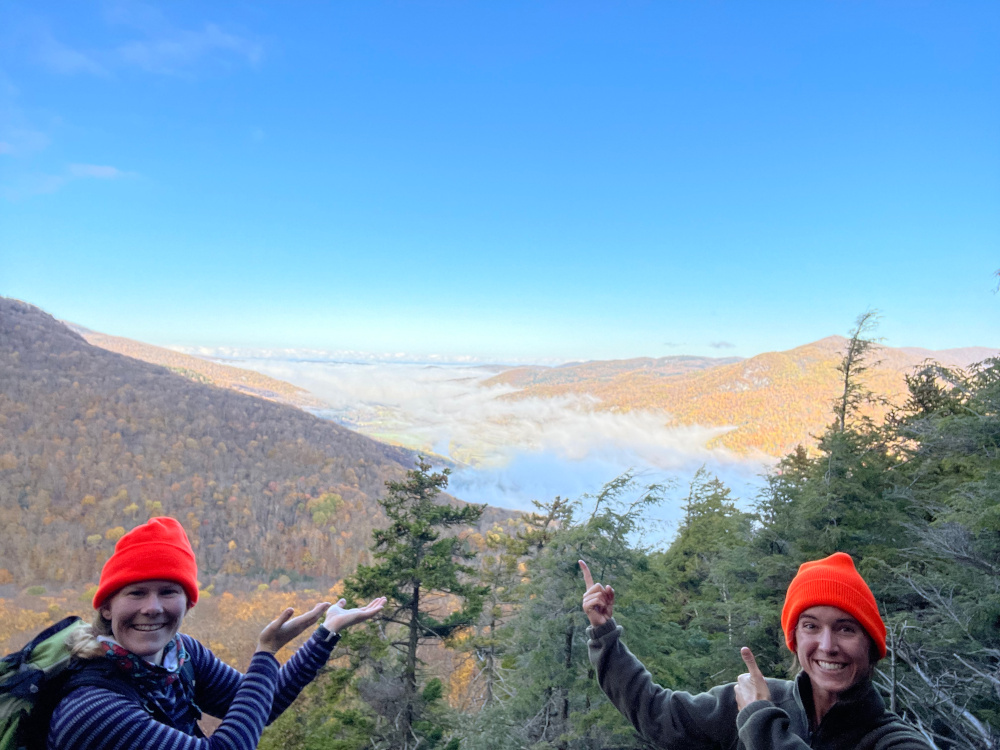
Lead PI: Carol Adair
Organization: University of Vermont, Rubenstein School of Environment and Natural Resources
Cold-air pooling, the accumulation of cold dense air in low-lying areas, is not well understood, but may have large impacts on forests, especially as the climate warms. In 2021-22, we established a unique, cross-scale sensor network targeting the extent and impact of cold-air pooling in NE forests. We seek funding to extend the duration of sensor measurements (hourly air and soil temperature and soil moisture) to inform how seasonal and interannual variability impact cold-air pooling dynamics. Our data will provide unique information on how cold-air pooling occurs at local to regional scales. Further, long-term site monitoring and associated partnerships will let us share data and knowledge about what areas are prone to cold-air pooling, what factors shape the strength, frequency, and duration of these events, and whether these areas are climate microrefugia for cold-loving species and ecosystem functions (e.g., carbon storage).
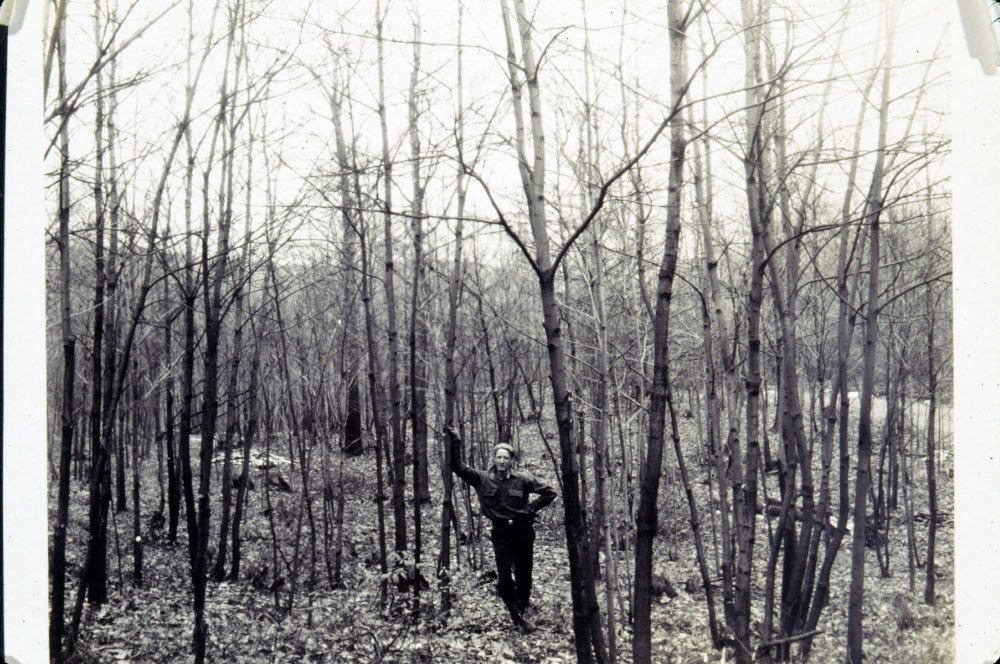
Lead PI: Isabel Ashton
Organization: Black Rock Forest
Black Rock Forest manages over 90 years of monitoring data on a 1586-hectare forest in New York. While local in geographic scope, the length and breadth of record is unique and may provide a valuable resource to better understand, manage, and protect northeastern forested ecosystems in a changing world. This proposal requests funds to maintain long-term plot infrastructure, digitize historic records, and upgrade existing monitoring programs to better manage, share, and synthesize these novel data sets.
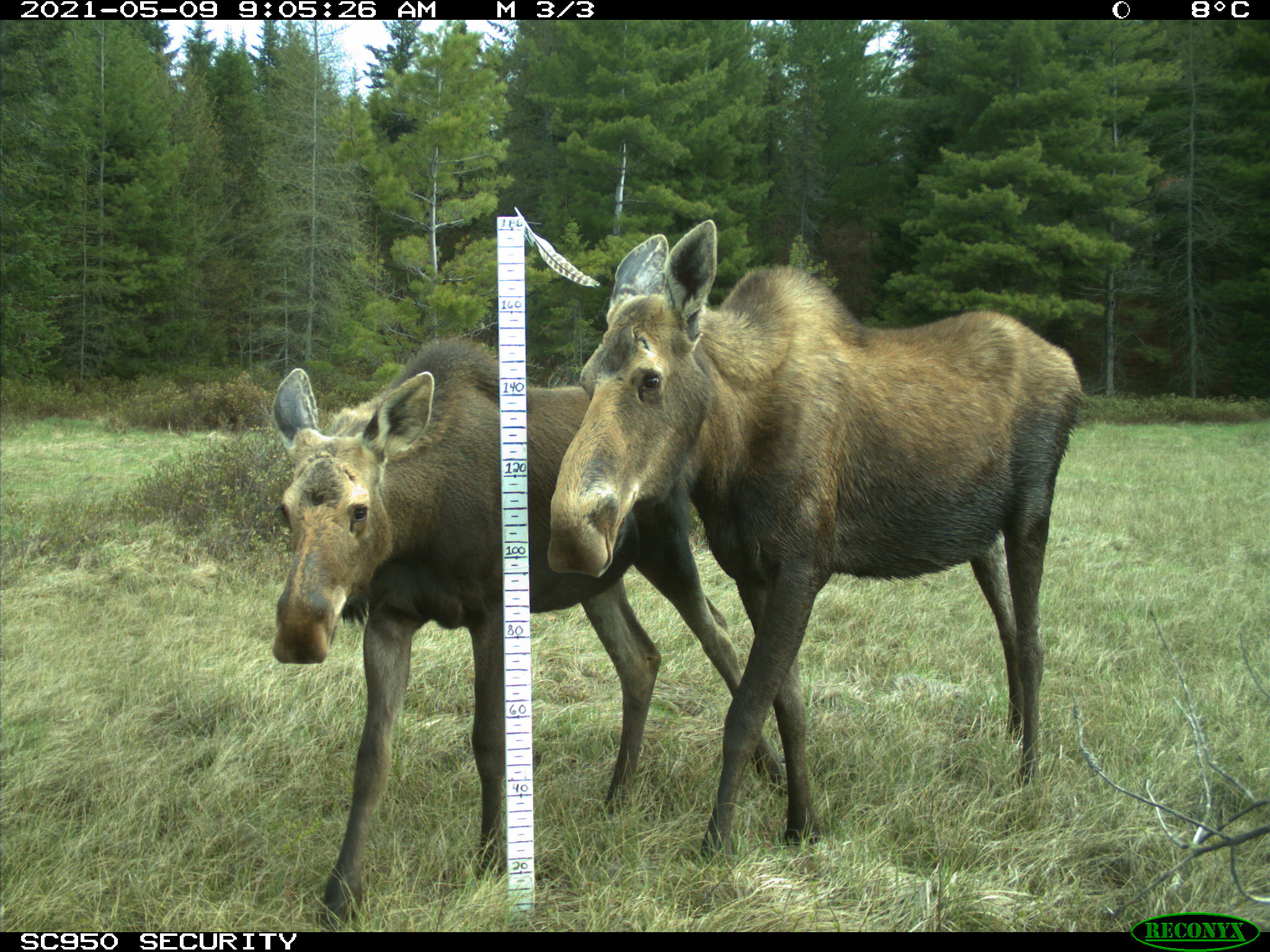
Lead PI: Paul Jensen
Organization: Paul Smith's College
Climate and landscape changes threaten multiple wildlife species in the Northeastern U.S.; however, available data to understand how these threats are influencing their distribution and abundance are lacking at spatiotemporal scales required to address these questions. Here, we present a cooperative monitoring network that leverages partnerships and shared resources to accomplish this task in a way that would not be possible by any single agency or organization.
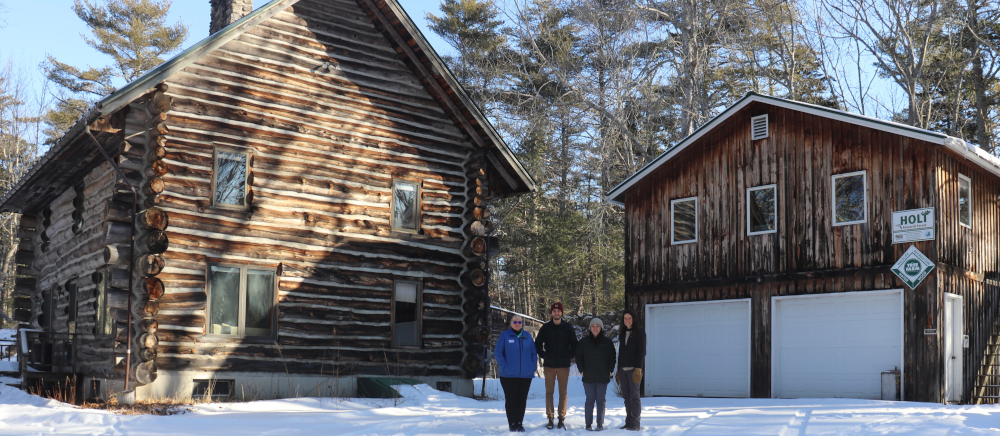
Lead PI: Gavriela Mallory
Organization: Maine TREE and Holt Research Forest
A red oak-white pine ecosystem on Maine’s coast, Holt Research Forest (HRF), has filled a key niche of long-term ecosystem monitoring since its establishment in 1983. While many landowners in Maine steward oak-pine forests, HRF is a rare research generator on this critical forest type. A recent harvest at HRF in the fall of 2020 provided a timely opportunity to monitor and distribute data on the impact of disturbance on oak-pine ecosystems, particularly in the context of climate change. We propose collecting, digitizing, and distributing pre- and post-harvest data on overstory composition and regeneration at Holt Research Forest. This effort will provide landowners with practical data and tools to inform their management while providing researchers with a long-term foundational dataset to inform future studies. It will additionally contribute to an established body of research from HRF, housed by FEMC, tracking ecosystem change on-site as climate change shifts ecological systems across the region.
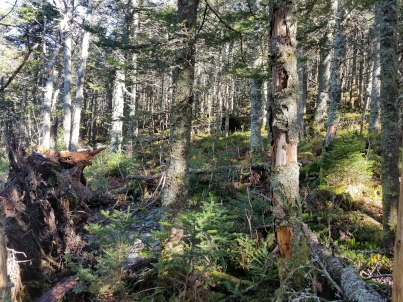
Lead PI: Jordon Tourville
Organization: Appalachian Mountain Club
The northeastern United States is experiencing some of the greatest shifts in climate in the US, with warming winters, increased frequency of extreme precipitation events, and severe droughts. For instance, annual mean temperatures across the northeast have risen ~1.7 °F since the 1930s. Currently, we are lacking adequate information to connect potential montane tree growth and productivity trends across the broader context of the Northern Appalachian region, which is critical to understanding adaptation under future climate scenarios. Broad-scale study of tree growth is limited in feasibility due to cost-restrictive band dendrometer instruments (devices that measure the radial, or outward growth of tree stems) required to reliably measure these characteristics. This proposed project would provide valuable comparative data for the performance of traditional dendrometers, priced at approximately $200, to the performance of low-cost dendrometers, priced at approximately $75, to determine accuracy of low-cost dendrometers for study of tree growth. This study will expand our understanding of the viability of using low-cost dendrometers to measure tree response to climate warming in environments in the northeastern US. Specifically, we will capture variation in growth data as measured by traditional and low-cost dendrometers across climate/edaphic (soil) gradients and between different age classes of trees and tree species within the White Mountains of New Hampshire. If the low-cost dendrometers are found to be of comparable accuracy to traditional band dendrometers, this will lay the foundation to establish a robust monitoring network to aid in gathering data to understand the effects of a warming climate as well as make inferences about the future character and health of tree species in the northeastern region.
